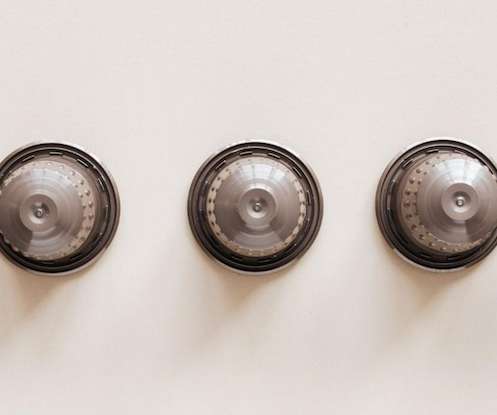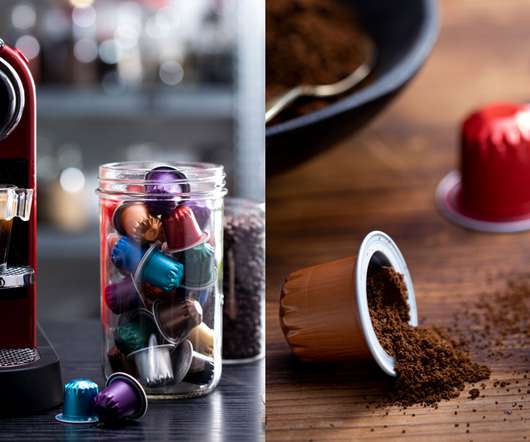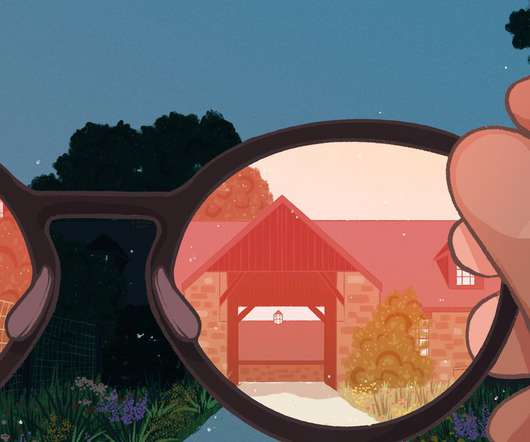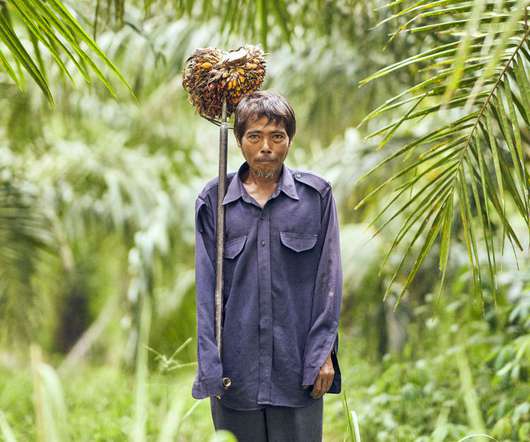How to Meet The Needs of Today’s Coffee Shop Customer
Perfect Daily Grind
JUNE 21, 2020
According to UK-based consumer intelligence firm Brandwatch, one of the biggest challenges for the food and beverage industry is staying up to date with consumers’ wants and needs. They state , “The food and beverage industry is seemingly one of the most susceptible to changing trends, micro-trends, and local trends.”.















Let's personalize your content